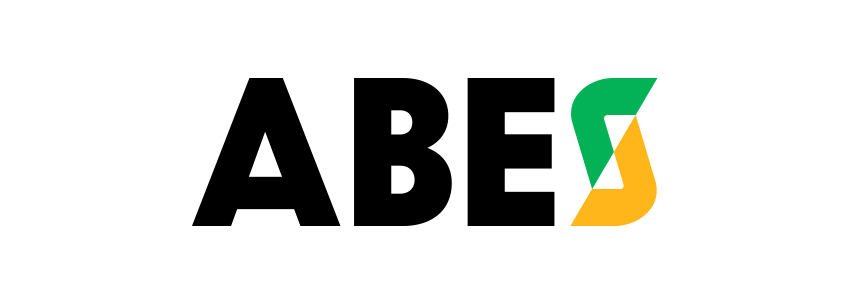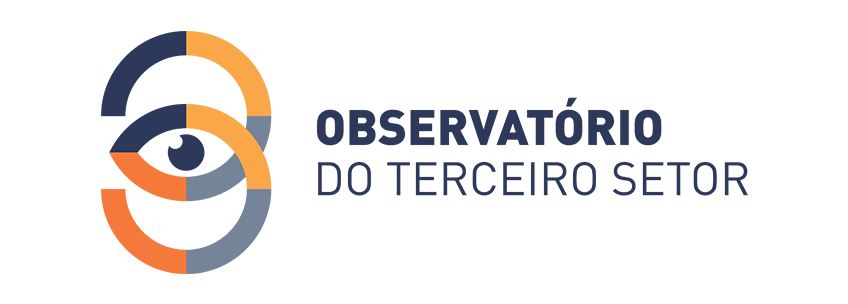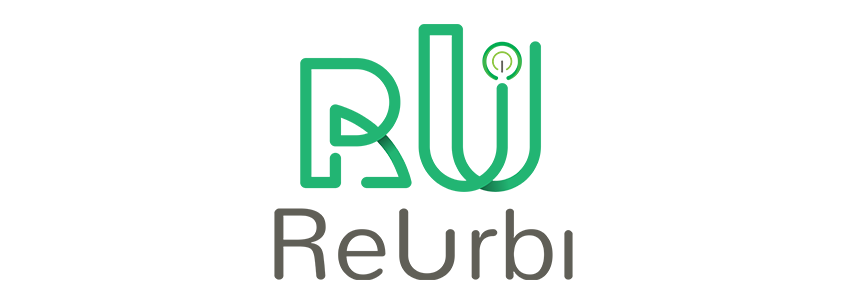Mobilization for Rio Grande do Sul
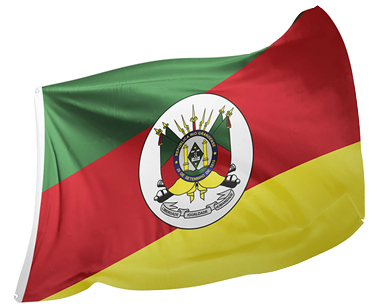
THE ABES and its partners – the ReUrbi it's the Third Sector Observatory – decided to carry out a special campaign for “Mobilization to reduce inequality” focusing on the reconstruction of Rio Grande do Sul, a Brazilian state that was heavily impacted by the floods. In this campaign in favor of Rio Grande do Sul, ABES will have the support of Boiler Institute, an innovation hub in Rio Grande do Sul, which together will choose the socio-digital inclusion projects that will receive the refurbished equipment.
This special mobilization action aims to support social inclusion projects in Rio Grande do Sul, which promote training in the digital area, through resources obtained by recycling IT equipment (notebooks, PCs, racks, etc.) discarded by companies who join the initiative.
Companies that provide equipment for Mobilization, in addition to supporting the population of RS, will have the following benefits:
1. Exemption from logistics costs (the minimum weight required is 100 kg of IT equipment);
2. Legal documentation of disposals;
3. Socio-environmental Impact Report (RIA), with information on the environmental, economic and social impact of the action. This report can be used in Sustainability and Social Responsibility Reports.
Solidarity and the mobilization of resources to assist in these emergency situations are essential to help the population recover and train for jobs in the technology area, which has a growing demand for qualified professionals.
The participating company is able to meet 8 of the 17 SDGs through reverse logistics services and support for socio-digital inclusion projects, including:
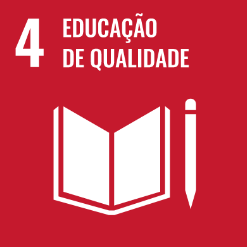
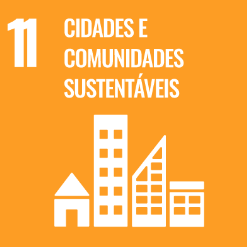
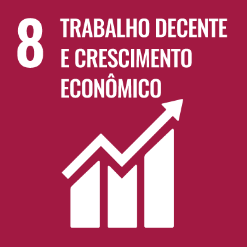
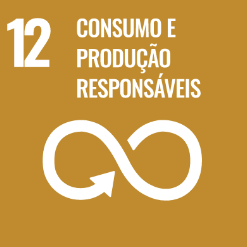
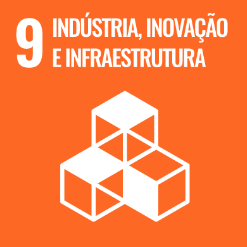


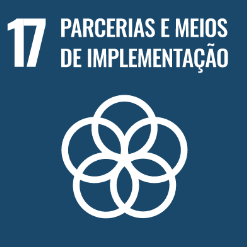
Questions and answers
1) Which companies can participate in the mobilization?
All companies in the national territory, associated with ABES or not, can participate. They must have IT equipment and be interested in generating a positive impact on the environment and society, in line with best environmental, social and governance (ESG) practices. Disposal will generate financial results to be allocated to social-digital inclusion and qualification projects.
2) What is the minimum amount of equipment that the company needs to discard to participate in the project?
To facilitate the collection and logistics process, the minimum weight required is 100 kg of IT equipment. ReUrbi undertakes to assume the costs of Reverse Logistics throughout Brazil in order to exempt any participating company from expenditure in this regard. We emphasize the importance of detailing what will be discarded, with full collection and contact address.
3) After being discarded by companies, what happens to electronic IT equipment?
Once collected, the material goes to the first screening stage, when the team of technicians performs the sanitization of data and properties and assesses which equipment can still be reconditioned. Items that do not have this possibility are sent for dismantling. In it, the equipment is weighed, disassembled, defaced and separated by type (plastics, metals, electronic boards, cables, etc.). The last step is recycling.
4) What is the fate of refurbished equipment?
Equipment reconditioned after the data and property sanitization process goes to the production line of semi-new Remakker® IT and has a certificate of origin, quality assurance and technical assistance.
5% of this equipment is donated as a loan by ReUrbi for social projects and the rest are primarily sold to third sector organizations and to assist individuals at affordable prices.
The reconditioning complies with Environmental Legislation and the principles of Circular Economy, mitigating the environmental impact. Remakker® equipment has a reverse logistics option at the end of its life cycle.
5) Why is part of the equipment sold and not donated to third sector organizations and consumers?
It is with this income that ReUrbi assumes the costs of Reverse Logistics throughout Brazil and the recycling and reconditioning process, complying with Environmental Legislation, Certifications and other federal, state and municipal requirements.
ReUrbi contributes to changing the linear economic model (extraction, production and disposal) to a circular economy model, with conscious consumption aiming to reduce the impact on the environment and social inequalities.
With the appreciation and fair remuneration in disposal, recycling and responsible disposal, equipment reconditioning extends the useful life of IT equipment. In addition, with the sale of semi-new IT equipment at affordable prices and the application of part of the results to social inclusion projects, ReUrbi makes this new Circular Economy model sustainable with zero impact on the environment.
Script
To make disposal possible, please answer the questions below in the script we have prepared for you, fill the inventory with the equipment available for disposal (files available for download) and send to the email address below.
a) Collection address (complete with zip code)
b) CNPJ
c) Name and telephone number of the responsible person at the collection site
Allowed collection time
How the equipment is packed (loose, in boxes, etc.)
Issue outgoing invoice? (Only align, as we can issue batch incoming invoices)
d) Disposal weight: () up to 500 kg | () up to 2.5 T | () 7 T or more
e) If they issue the MTR, the classification for transporting electronics is Class II B - Code 16 02 14 - Destination R13.
We make ReUrbi contacts available for clarification and sending the requested information:
Telephone: (12) 3958-4701 - Deborah
Email: contato@reurbi.com.br - Josiane
Site: www.reurbi.com.br



